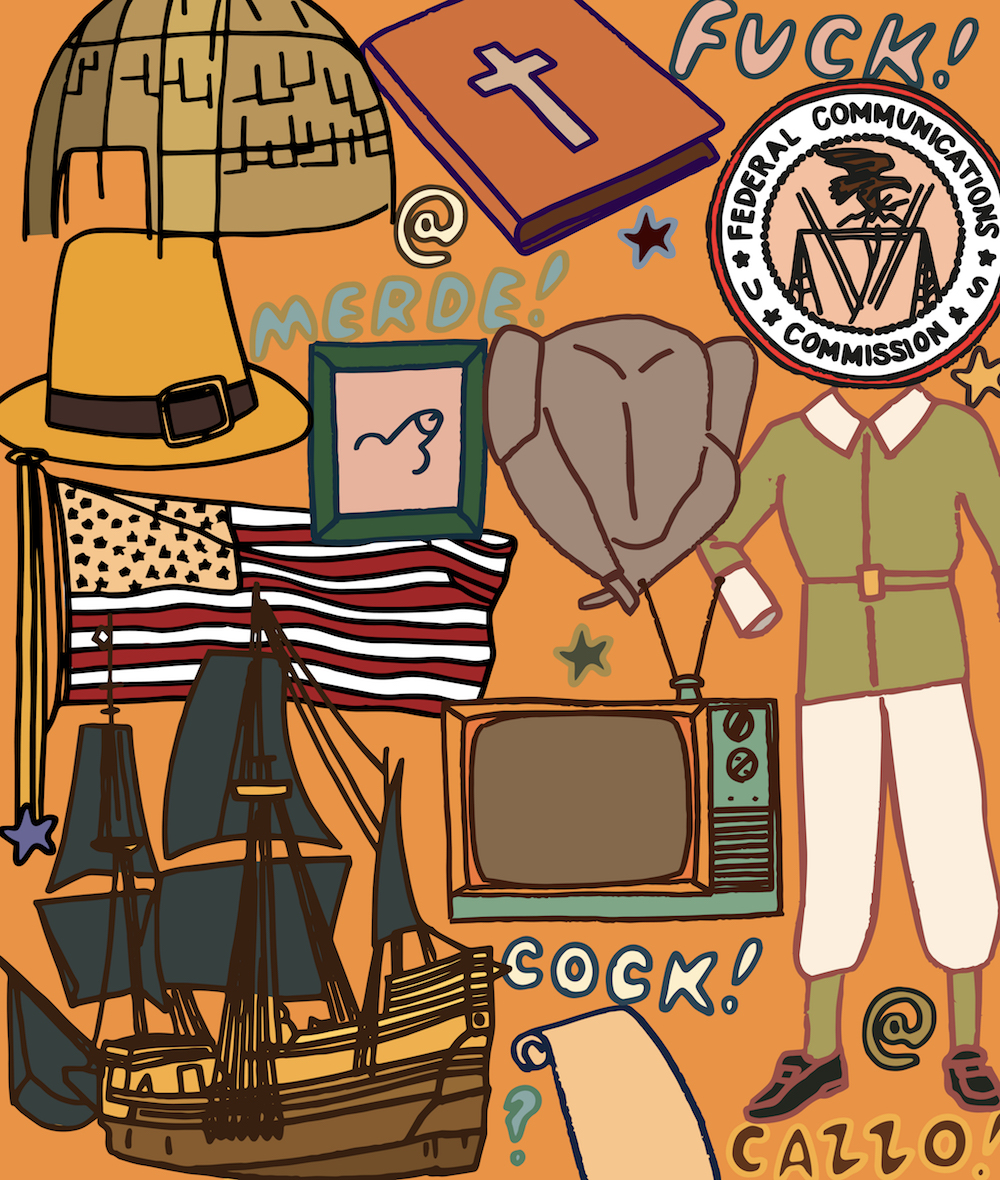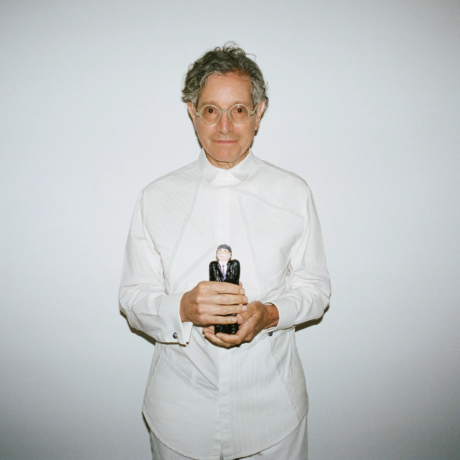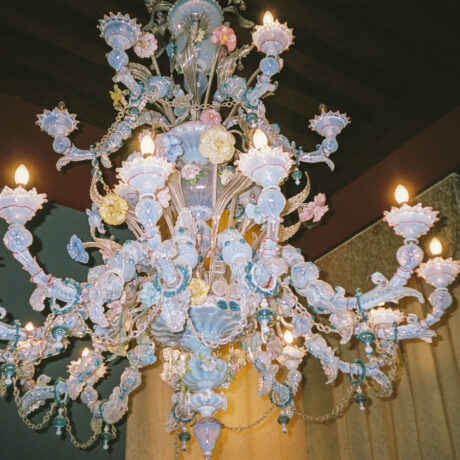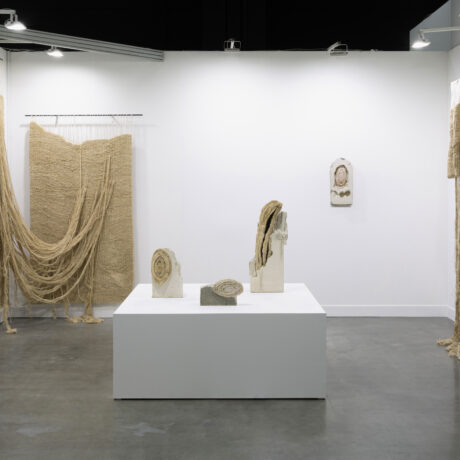 Can We Start Over Again?
Can We Start Over Again?
“I celebrated Thanksgiving in an old-fashioned way. I invited everyone in my neighbourhood to my house; we had an enormous feast, and then I killed them and took their land.”
—Jon Stewart
The Pilgrim Fathers and their strict religious principles are undeserving of our admiration. Their doctrines have contributed to a screwed-up America that disavows the use of certain language, even though the First Amendment of the American Declaration of Independence allows for freedom of speech so that anyone can say anything no matter how obscene, indecent or profane, except in cases where it might cause public harm.
You might ask: “How does all this concern Thanksgiving”, the quintessential American holiday that is supposedly all about a turkey dinner to give thanks and that purports to be secular? Odd it is that many table guests pray. Yet, Americans have a predilection for praying for everything. A neighbour just prayed for my safe flight from Atlanta to Paris. I replied: “Let’s hope it isn’t necessary.” Then after my arrival, she responded: “It worked.”
The story of the Pilgrim Fathers in the US began in the seventeenth century when about one hundred British Puritans docked in North America and formed a settlement in Plymouth, a place in present-day Massachusetts. They were escapees from what they claimed to be injustices by the Church of England. Following tradition, they held days of giving thanks as part of their Christian rituals. Shortly after their arrival, they held a dinner to acknowledge both the colony’s first successful harvest and a peace treaty between the Pilgrims and the Wampanoag natives.
The first contact with these Native Americans had occurred in March 1621. After exchanging some gifts and friendly words, a peace treaty was signed. Historians claim that the truce lasted more than fifty years. In time, due to the influx of British immigrants, property disputes and a growing distrust of the natives, all hell broke loose. American Natives haven’t forgotten the jingoism and land grabbing that followed, but descendants of the Pilgrims are less keen to remember.
The attitudes of the Pilgrims have been infused into the modern American ethos, where everything must be nice, or wants to be. And nice people don’t curse. To keep the niceness in place, a number of ordinances have been created both by civil society and the Church.
From 1930 to 1968, the Hays Commission enforced committee-determined acceptable moral behaviour in big-studio films produced in Hollywood supported by the Catholic Legion of Decency. The Federal Communication Commission (FCC), especially from the 1950s, an oppressive era in America, prohibited the use of obscenity, indecent or profane language and behaviour on TV and radio, despite the fact we all knew and heard so-called dirty words, even children and nuns; they’re in common parlance.
The ban on no-no words on network TV is illogical. When someone speaks them, the words are bleeped out, even though lips can often be read, especially by me because I am hard of hearing. On cable TV channels such as HBO, as opposed to network TV, many of these words abound. And they are likewise heard on Netflix where no film is censored. My mother in her dotage stopped going to movies because “the language is so bad”.
In the summer of 2017 one official from the White House criticized another official while speaking to a journalist. He differentiated himself from his colleague by saying: “I’m trying not to suck my own cock” like him. Afterwards no TV news host would quote the statement word for word, even though news of the incident pervaded the airwaves. No one held back on cable TV. Some websites adopted halfway-house positions, for instance by writing “fellating himself” in a big, bold headline but including the actual words in the smaller main text below. Some newspapers tippy-toed against using “cock” by printing: “I’m not trying to suck my own [expletive].” It might have meant “suck my own thumb”. Other publications eased closer: “I’m not trying to suck my own c—k.”
In Italy, grandmothers use the curse word “cazzo” over and over daily. In the vernacular, it means “damn it!” or “crap!”. Its literal meaning is “dick” or “penis”. Its use by nonne is proof that bawdy language has become benign, at least in certain circles. When I was boarding a small boat on the Bosporus, a man next to me hit his head very hard on an overhang and said something in Turkish that I didn’t understand. With some persuasion by me, he confessed: “I said: “Fuck your mother.’”
At least the US has moved on from some very stupid mandates such as when deodorant could not be applied to an underarm in TV commercials. But the prohibition on showing other aspects of bodily functions remains: for example, a blue fluid is used in TV advertisements to demonstrate menstruation on a sanitary pad.
How does all this concern the Pilgrims? It’s about the unbridled demands by the inventors of Thanksgiving Day who also invented our rules of behaviour. Few people who celebrate the holiday in America with meals that expand their waistlines know or mention that the Pilgrims are the ones who made us all uptight. And their dicta persist.
If you are an American, the next time you encounter Pilgrims, inform them: “You fucked us up, assholes! Please excuse my shitty language, you motherfuckers!”
Postscript: If my mother, Queen of Niceties, were alive and read this column, she would rush to the nearest Lutheran church, kneel, cross herself and beg for my soul to be saved.




